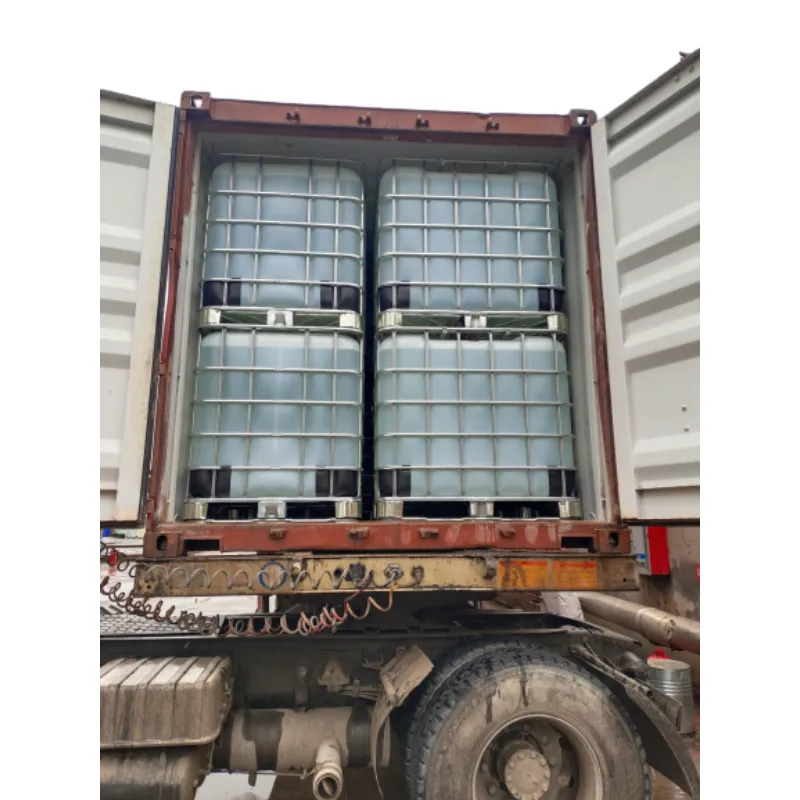
preservative ins 282
Understanding Preservative INS 282 A Deep Dive into Its Usage and Importance
Preservatives play a crucial role in maintaining the quality and safety of food products. Among various preservatives approved for use in the food industry, INS 282, known as calcium propionate, stands out for its effectiveness and wide application. This article aims to explore the properties, applications, and safety considerations of INS 282, shedding light on its importance in food preservation.
What is INS 282?
INS 282, or calcium propionate, is a calcium salt of propionic acid, a naturally occurring compound found in various foods. It appears as a white crystalline powder and has a mild, slightly sweet flavor. Due to its antimicrobial properties, INS 282 is primarily used to inhibit the growth of mold and certain bacteria in food products. It is particularly effective in preserving baked goods, dairy products, and processed foods, making it a staple in the food manufacturing industry.
Applications of INS 282
One of the primary applications of INS 282 is in the baking industry. When added to bread and other baked products, it helps extend shelf life by preventing mold growth, which can spoil food and lead to waste. It is especially beneficial in commercial baking, where products need to retain their quality during storage and distribution.
In addition to baked goods, INS 282 is used in dairy products like cheese. It prevents the growth of unwanted microorganisms, thereby enhancing the safety and longevity of the product. Moreover, it can be found in processed meats and even in certain beverages, serving as a preservative that allows manufacturers to maintain product integrity over time.
Safety and Regulatory Status
preservative ins 282

The consumption of INS 282 is considered safe by various food safety authorities worldwide, including the Food and Drug Administration (FDA) and the European Food Safety Authority (EFSA). Studies have shown that when used in recommended amounts, calcium propionate does not pose significant health risks to consumers. This safety profile makes it an attractive option for food manufacturers looking to improve the shelf life of their products without compromising consumer safety.
However, like many food additives, INS 282 has its critics. Some individuals report sensitivity to preservatives, experiencing allergic reactions or digestive discomfort after consumption. Although such cases are rare, they highlight the importance of monitoring food ingredient labels and being aware of personal dietary sensitivities.
The Role of INS 282 in Sustainable Food Practices
As the global food industry evolves, sustainability has become a central concern. Food waste is a major issue, with millions of tons of food discarded every year due to spoilage. By using preservatives like INS 282, manufacturers can reduce food waste significantly. Extending the shelf life of perishable products means that food can be stored and transported over longer periods, ultimately leading to a reduction in environmental impact.
In addition, calcium propionate is a synthetic compound that can be produced efficiently, making it a cost-effective solution for food preservation. This aspect is particularly important in developing countries where food supply chains may be less robust and food insecurity is a pressing concern.
Conclusion
In conclusion, INS 282 (calcium propionate) serves a vital function in the food industry by enhancing the shelf life and safety of various food products. Its wide applications, robust safety profile, and role in reducing food waste underscore its importance in modern food production. As consumers become more health-conscious and environmentally aware, understanding the role of such preservatives can help them make informed dietary choices while supporting the global effort to minimize food waste and improve food security.
-
Pure Sodium Dichloroisocyanurate Dihydrate | Powerful DisinfectantNewsAug.29,2025
-
Industrial Chemicals: Quality & Purity for Every IndustryNewsAug.28,2025
-
Nitrile Rubber Honoring Strict Production StandardsNewsAug.22,2025
-
Aspartame Ingredients Honoring Food Safety ValuesNewsAug.22,2025
-
Fertilizer for Balanced Plant NutritionNewsAug.22,2025
-
Cyanide Gold Processing with High Purity AdditivesNewsAug.22,2025
-
Formic Acid in Textile Dyeing ApplicationsNewsAug.22,2025
Hebei Tenger Chemical Technology Co., Ltd. focuses on the chemical industry and is committed to the export service of chemical raw materials.
-

view more DiethanolisopropanolamineIn the ever-growing field of chemical solutions, diethanolisopropanolamine (DEIPA) stands out as a versatile and important compound. Due to its unique chemical structure and properties, DEIPA is of interest to various industries including construction, personal care, and agriculture. -

view more TriisopropanolamineTriisopropanolamine (TIPA) alkanol amine substance, is a kind of alcohol amine compound with amino and alcohol hydroxyl, and because of its molecules contains both amino and hydroxyl. -

view more Tetramethyl Thiuram DisulfideTetramethyl thiuram disulfide, also known as TMTD, is a white to light-yellow powder with a distinct sulfur-like odor. It is soluble in organic solvents such as benzene, acetone, and ethyl acetate, making it highly versatile for use in different formulations. TMTD is known for its excellent vulcanization acceleration properties, which makes it a key ingredient in the production of rubber products. Additionally, it acts as an effective fungicide and bactericide, making it valuable in agricultural applications. Its high purity and stability ensure consistent performance, making it a preferred choice for manufacturers across various industries.





